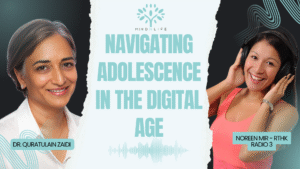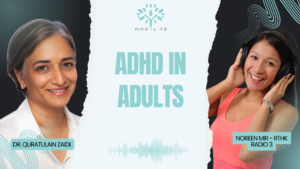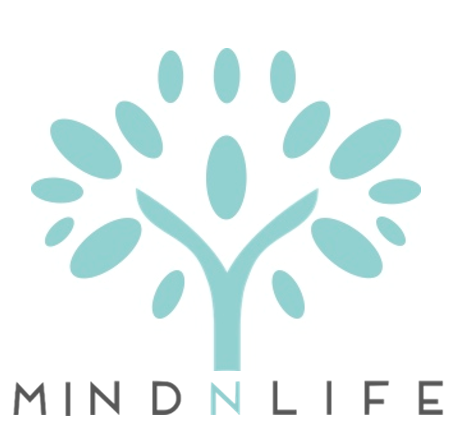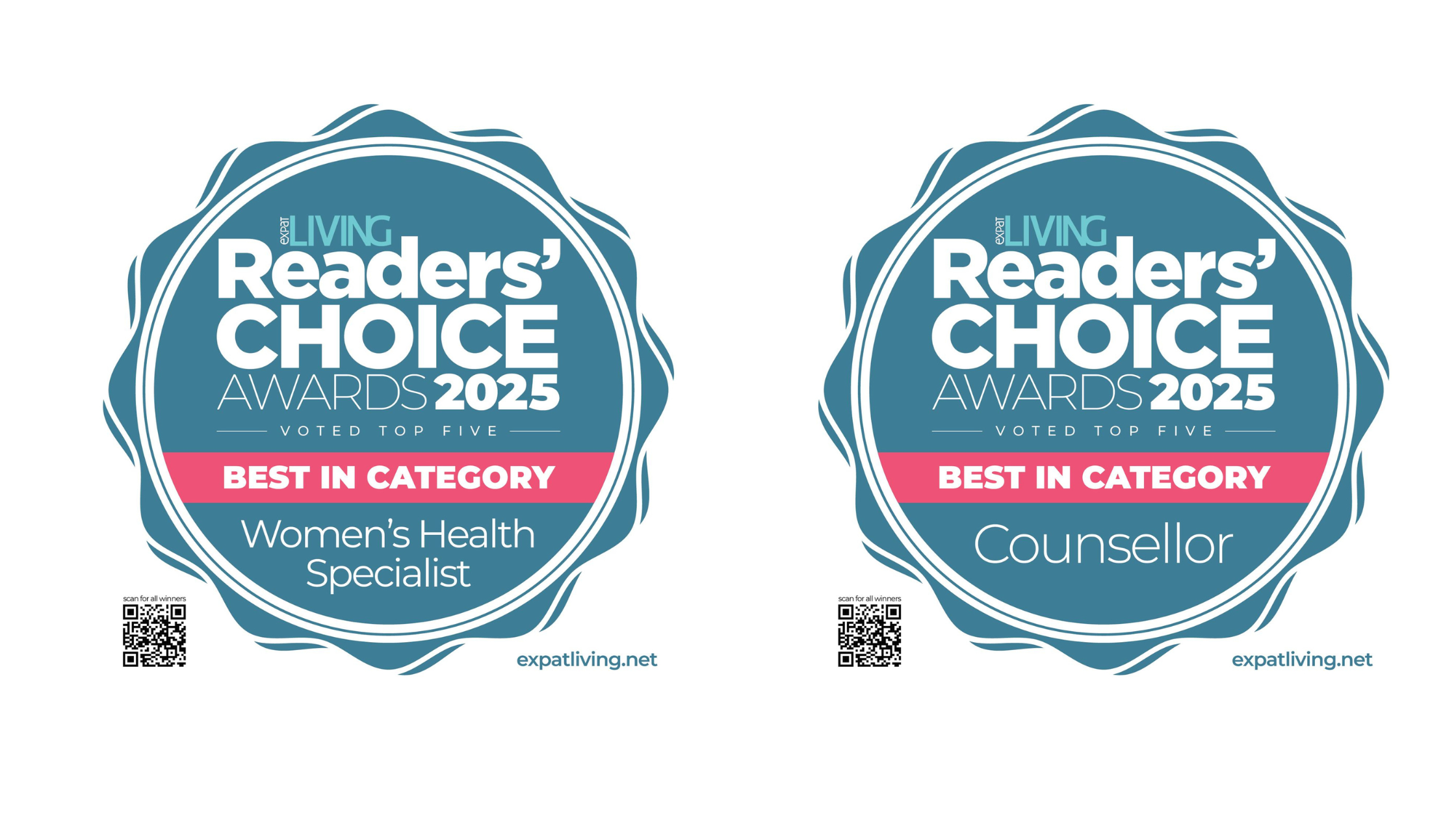Childhood Trauma and Self-Care
Childhood trauma is our reaction to deeply distressing experiences that overwhelm our physical and mental coping abilities as children. Traumatic experiences activate a fight or flight response. During these reactions, our brain directs our resources to enhance our immediate physical performance. It gives us the best chance at survival. After the danger is removed, the brain commonly moves into a resting state to allow our bodies to recover from this peak state of functioning.
However, significant trauma, such as violent attacks, or prolonged exposure to threats, such as domestic abuse, may prevent our brains from sufficiently bouncing back from a flight or fight activation. Instead, we may find ourselves anxious, hyper-sensitive to signs of potential danger. Common signs are also struggling with intrusive thoughts or feelings associated with our traumatic experiences. This is particularly significant when trauma and adversity are experienced in childhood when the brain is still developing.
If you have gone through childhood trauma, your brain may have spent significant time trying to help you survive. As this time is usually meant for learning and thriving, it can have a long-lasting impact on concentration and memory. The trauma may also affect how we form relationships. How we process and express our feelings. It also has lasting effects on how we perceive our overall sense of safety in adulthood. We build helpful coping habits in childhood but may become unhelpful in adulthood. These coping habits may lay the foundation for addictive behaviours, avoidance of intimacy, or perfectionism, and over-controlling tendencies. Importantly, it can make it harder for us to function in often harmless situations when we feel overwhelmed with the anticipation of danger and, as a result, flee, fight, or shut down. This is where self-care becomes essential.
Making time
Self-care in trauma involves making time and space for your feelings to be heard, accepted, and validated. When you have experienced childhood trauma, your emotions may not have been welcomed as a child. Your emotions in adulthood may feel too intense. You may feel unsure of them, experience them as overwhelming, find them unreliable. Sometimes even feel they are dangerous and destructive. Some people may avoid them altogether, while others may experience frequent intense emotional outbursts.
Self-care in trauma involves reconnecting with these feelings and allowing them to surface in a space where we feel safe. It can occur in various ways. For example, in a mindful setting in which we observe or journal on our thoughts and emotions. Another way is when we spend time with a person we trust and whom we feel understood by.
Emotions carry information for us, and when we do not attend to them, they tend to get louder and louder. Turning toward our emotions can help us understand them better. We can reduce their intensity over time by letting them rise and fall. It also provides us with the kind of care and emotional nurture we may have missed out on as a child.
Being compassionate
Self-care in trauma involves being compassionate toward yourself when you perceive others as managing situations with ease and calm while you are feeling distressed. There is a reason you are reacting differently and that things may at times feel harder through no fault of your own.
Self-care involves identifying the harshness of the voice of your inner critic. This voice may be putting you down, shaming you, or driving you to push yourself beyond your healthy limits. Be open to replacing this voice with something more encouraging and respectful. See how that feels, be patient with yourself, and allow for mistakes and growth to happen. It can be challenging at first as it may feel unfamiliar, fake, intimidating, or simply wrong. Think of what you would say to a loved child if they were experiencing the same as you.
This is not just about repeating positive affirmations but identifying what you truly need to hear at the core. What would help you resolve your distress at this moment?
Giving permission
Self-care in trauma involves giving yourself permission to prioritize your own needs. When you experience childhood trauma, you are often surrounded by adults who are unable to meet your needs. Perhaps they are overwhelmed or have difficulties seeing beyond their own inner world. As a result, you may have learned that your needs are not important and that the feelings and wants of others take priority.
Self-care in trauma is identifying when and why you prioritize others, even when it takes a toll on your mental health. Are you seeking their approval? Do you fear that they will leave you? Is there guilt if you think of your own needs? In the same way, you are unable to control someone else’s behaviour. You cannot take responsibility for fulfilling all their feelings and needs as many factors contribute to these.
Understanding what drives your behaviour can help you change it. Once you have noted how you feel, try to identify a positive need. What would you like to happen? This can guide you to start setting boundaries. You are important, and you are permitted to prioritize your wellbeing. Give yourself the attention you may not have had as a child.
Self-care
Childhood trauma can result in many of our core needs not being met as children. This can contribute to lasting changes in our brain. It impacts our thoughts, feelings, physiological responses, and interpersonal relationships. In adulthood, we can counteract these changes through healthy self-care:
- Making time and space for our feelings.
- Being compassionate with ourselves.
- Giving permission to prioritize our own needs.
This allows us to start meeting the needs that childhood adversity prevented us from meeting and puts us on the road to healing. If you have been struggling with trauma and wish to speak to a trauma specialist, please get in touch.







